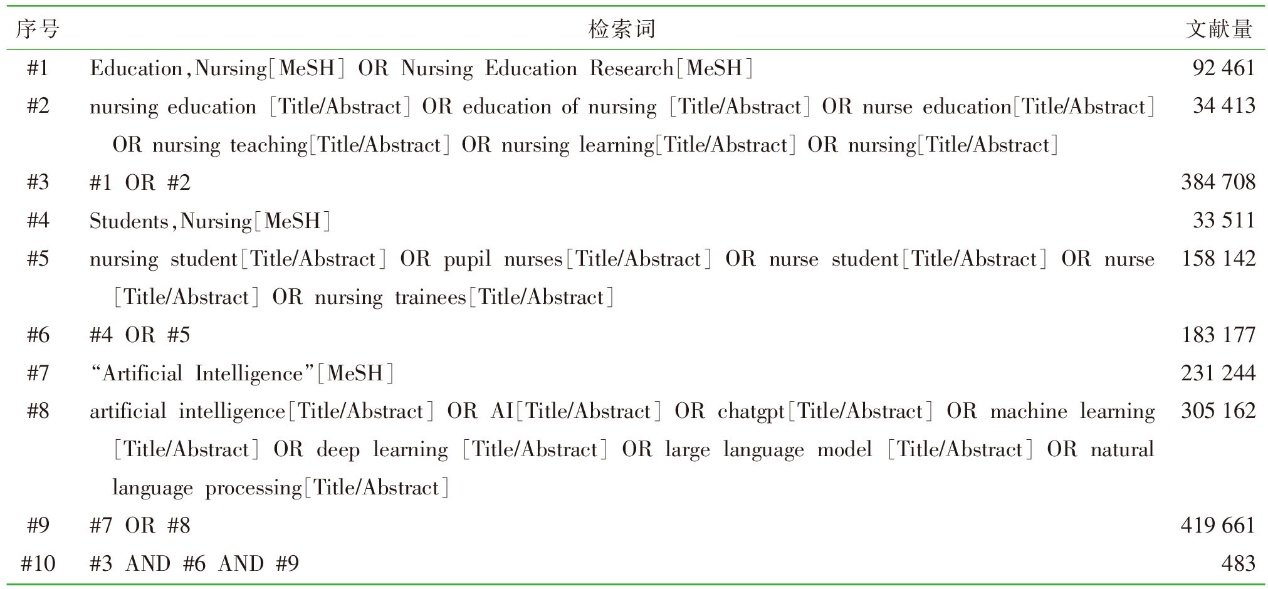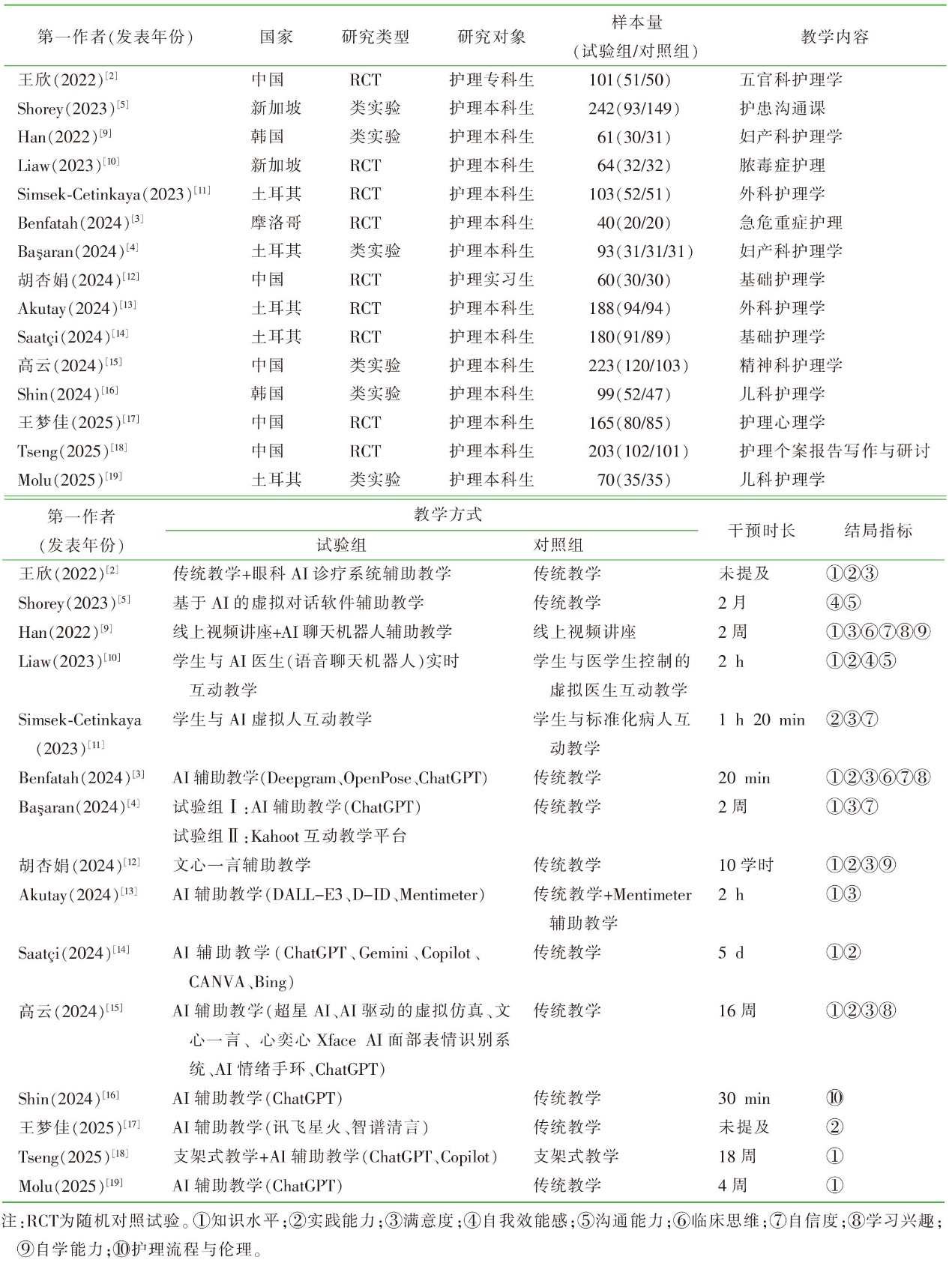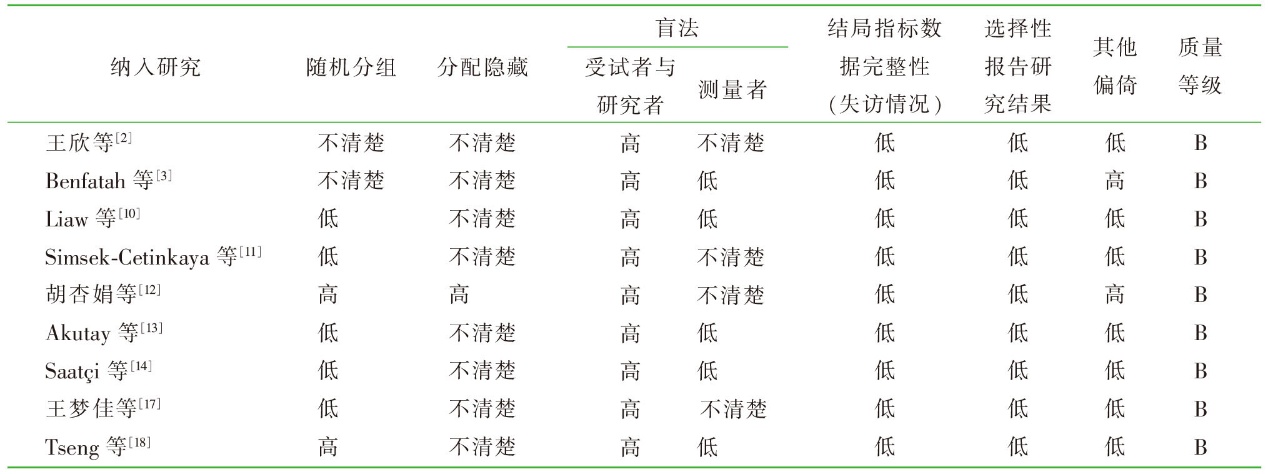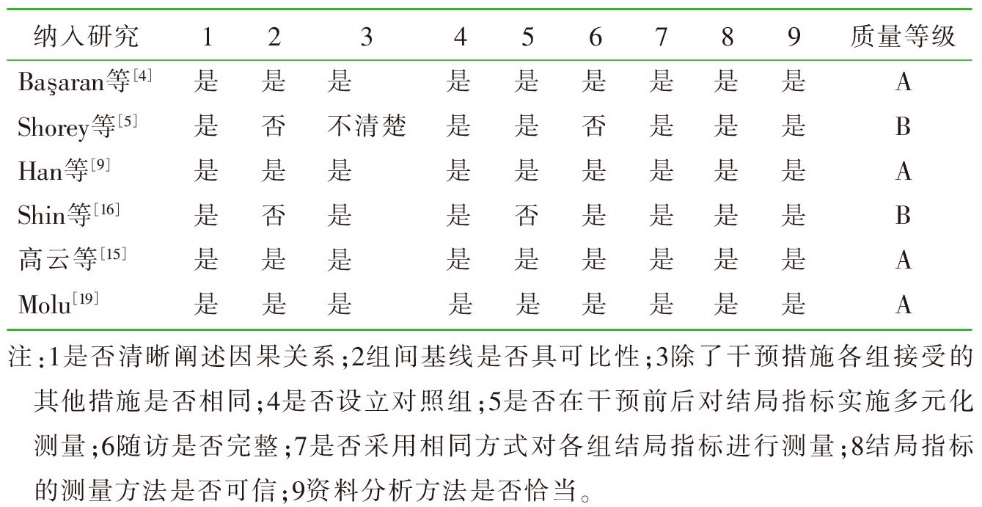| [1] |
Srinivasan M, Venugopal A, Venkatesan L, et al. Navigating the pedagogical landscape:exploring the implications of AI and chatbots in nursing education[J]. JMIR Nurs, 2024,7:e52105.
|
| [2] |
王欣, 马惠萍, 朱珂珂. AI教学在基础护理教育中的初步应用[J]. 中国高等医学教育, 2022(5):110-111.
|
|
Wang X, Ma HP, Zhu KK. Preliminary application of AI in basic nursing education[J]. China High Med Educ, 2022(5):110-111.
|
| [3] |
Benfatah M, Youlyouz-Marfak I, Saad E, et al. Impact of artificial intelligence-enhanced debriefing on clinical skills development in nursing students:a comparative study[J]. Teach Learn Nurs, 2024, 19(3):e574-e579.
|
| [4] |
Başaran F, Duru P. The impact of kahoot and ChatGPT educational technologies on nursing students’ sexual health knowledge and attitudes:a quasi-experimental study[J]. Sex Disabil, 2024, 42(4):801-815.
|
| [5] |
Shorey S, Ang ENK, Ng ED, et al. Evaluation of a theory-based virtual counseling application in nursing education[J]. Comput Inform Nurs, 2023, 41(6):385-393.
doi: 10.1097/CIN.0000000000000999
pmid: 36728150
|
| [6] |
Glauberman G, Ito-Fujita A, Katz S, et al. Artificial intelligence in nursing education:opportunities and challenges[J]. Hawaii J Health Soc Welf, 2023, 82(12):302-305.
pmid: 38093763
|
| [7] |
Higgins J, Green S. Cochrane handbook for systematic reviews of interventions version 5.1.0[M]. London: The Cochrane Collaboration, 2011.
|
| [8] |
胡雁, 郝玉芳. 循证护理学[M]. 北京: 人民卫生出版社,2022:64-65.
|
| [9] |
Han JW, Park J, Lee HN. Analysis of the effect of an artificial intelligence chatbot educational program on non-face-to-face classes:a quasi-experimental study[J]. BMC Med Educ, 2022, 22(1):830.
|
| [10] |
Liaw SY, Tan JZ, Bin Rusli KD, et al. Artificial intelligence versus human-controlled doctor in virtual reality simulation for sepsis team training:randomized controlled study[J]. J Med Internet Res, 2023,25:e47748.
|
| [11] |
Simsek-Cetinkaya S, Cakir SK. Evaluation of the effectiveness of artificial intelligence assisted interactive screen-based simulation in breast self-examination:an innovative approach in nursing students[J]. Nurse Educ Today, 2023,127:105857.
|
| [12] |
胡杏娟, 张伦, 高钰琳, 等. 生成式人工智能辅助混合式教学在实习护生皮内针技术感染预防教学中的应用[J]. 护理学报, 2024, 31(18):21-25.
doi: 10.16460/j.issn1008-9969.2024.18.021
|
|
Hu XJ, Zhang L, Gao YL, et al. Effect of generative artificial intelligence assisted blended teaching in teaching of infection prevention with intradermal needle for intern nursing students[J]. J Nurs(China), 2024, 31(18):21-25.
|
| [13] |
Akutay S, Kaçmaz HY, Kahraman H. The effect of artificial intelligence supported case analysis on nursing students’ case management performance and satisfaction:a randomized controlled trial[J]. Nurse Educ Pract, 2024,80:104142.
|
| [14] |
Saatçi G, Korkut S, ünsal A. The effect of the use of artificial intelligence in the preparation of patient education materials by nursing students on the understandability,actionability and quality of the material:a randomized controlled trial[J]. Nurse Educ Pract, 2024,81:104186.
|
| [15] |
高云, 陈欣苗, 周英, 等. 智慧化课程思政教学在护理本科精神科护理学中的实施[J]. 护理学杂志, 2024, 39(23):61-65.
|
|
Gao Y, Chen XM, Zhou Y, et al. Implementing intelligent curriculum-based ideological and political education in Psychiatric Nursing course for undergraduate nursing students[J]. J Nurs Sci, 2024, 39(23):61-65.
|
| [16] |
Shin H, De Gagne JC, Kim SS, et al. The impact of artificial intelligence-assisted learning on nursing students’ ethical decision-making and clinical reasoning in pediatric care:a quasi-experimental study[J]. Comput Inform Nurs, 2024, 42(10):704-711.
|
| [17] |
王梦佳, 鲍滢滢, 王琲, 等. 人工智能辅助教学在本科护理心理学课程中的应用研究[J]. 中华护理教育, 2025, 22(4):393-398.
|
|
Wang MJ, Bao YY, Wang B, et al. Research on the application of AI-assisted teaching in undergraduate Nursing Psychology course[J]. Chin J Nurs Educ, 2025, 22(4):393-398.
|
| [18] |
Tseng LP, Huang LP, Chen WR. Exploring artificial intelligence literacy and the use of ChatGPT and copilot in instruction on nursing academic report writing[J]. Nurse Educ Today, 2025,147:106570.
|
| [19] |
Molu B. Improving nursing students’ learning outcomes in neonatal resuscitation:a quasi-experimental study comparing AI-assisted care plan learning with traditional instruction[J]. J Eval Clin Pract, 2025, 31(1):e14286.
|
| [20] |
Rudolph J, Tan S. ChatGPT:Bullshit spewer or the end of traditional assessments in higher education?[J]. J Appl Learn Teach, 2023, 6(1):342-363.
|
| [21] |
Matsuda N, Weng WT, Wall N. The effect of metacognitive scaffolding for learning by teaching a teachable agent[J]. Int J Artif Intell Educ, 2020, 30(1):1-37.
|
| [22] |
李钥, 淮盼盼, 杨辉. ChatGPT在护理教育中的应用状况及优劣分析[J]. 护理学杂志, 2023, 38(21):117-121.
|
|
Li Y, Huai PP, Yang H. Application of ChatGPT in nursing education and its advantages and disadvantages:a review[J]. J Nurs Sci, 2023, 38(21):117-121.
|
| [23] |
Graesser A, McNamara D. Self-regulated learning in learning environments with pedagogical agents that interact in natural language[J]. Educ Psychol, 2010, 45(4):234-244.
|
| [24] |
马应卓, 王俊, 李雪连, 等. 护生对大语言模型聊天机器人使用体验的质性研究[J]. 护理学杂志, 2024, 39(16):69-72.
|
|
Ma YZ, Wang J, Li XL, et al. Qualitative study on nursing students’ experience in the use of large language model chatbots[J]. J Nurs Sci, 2024, 39(16):69-72.
|
| [25] |
刘婷, 杨富国, 杨丽, 等. 护理硕士研究生使用人工智能生成内容工具体验的质性研究[J]. 中华护理教育, 2024, 21(9):1046-1051.
|
|
Liu T, Yang FG, Yang L, et al. A descriptive qualitative study on the experience of using artificial intelligence generated content tools among nursing postgraduate students[J]. Chin J Nurs Educ, 2024, 21(9):1046-1051.
|
| [26] |
赵燕梅, 张正堂, 刘宁, 等. 自我决定理论的新发展述评[J]. 管理学报, 2016, 13(7):1095-1104.
|












